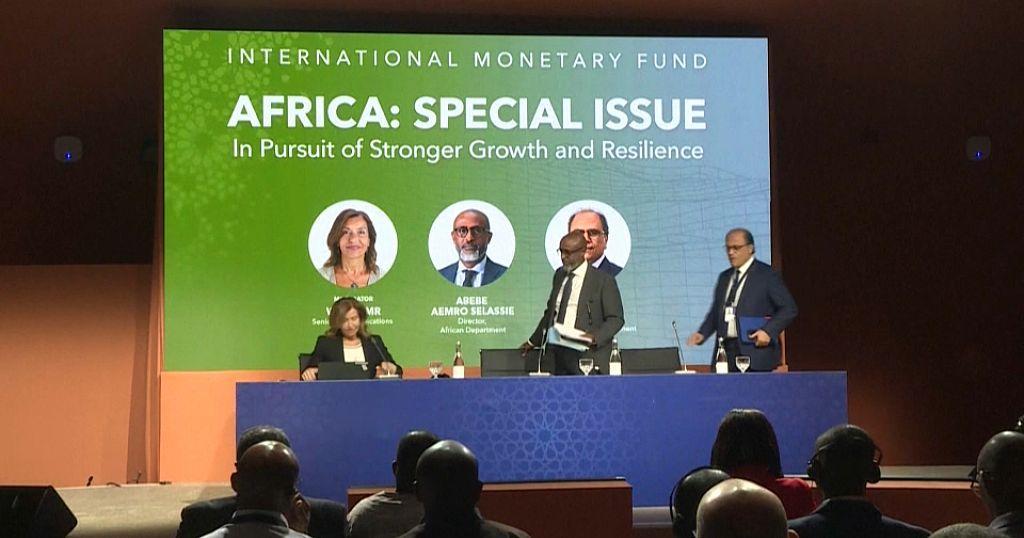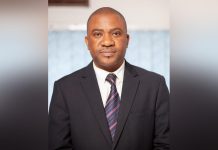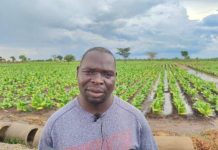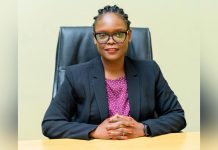Africa-Press – Malawi. During a press conference on the occasion of the IMF’s annual meeting with the World Bank in Marrakech on Tuesday (Oct. 10), the director of the body’s Middle East and Central Asia Department insisted that the institution picked up speed to respond to challenges countries are faced with in a shock-prone world.
“The IMF is also stepping up. Between 2020 and today, the fund has provided about 80 billion dollars through programs, emergency financing, and SDR allocation (potential debt). Six countries have also had arrangements approved under the newly launched Resilience and Sustainability Facility. Including most recently for Morocco. ”
This year’s talks are taking place in Morocco until October 15, it marks the return of the World Bank-IMF Annual Meetings’ to the African continent after 50 years.
Debt sustainability is an issue. According to the IMF’s latest Global Financial Stability Report, high inflation means central banks may have to keep interest rates higher stretching the capacity of borrowers to repay debt.
Elevated debt vulnerability
The Africa: Special Issue released by the International Monetary Fund on Tuesday (Oct. 10), alerted that debt vulnerabilities remain elevated, and medium-term growth rates are too low,
Abebe Aemro Selassie, director of the IMF’s Africa Department, shared his concern on debt cancellation discussion.
“[…] What worries me is that there is this view that there is a simple magic wand that you can wave that will get rid of debt or solve these very, very difficult challenges that our countries face. So who’s going to cancel their debt?”
“The creditors, presumably, right? 50% of the debt in the region in Sub Saharan Africa is, for example, domestic debt. How do you get rid of domestic debt? I think we have to be really careful when we’re talking about debt cancellations. Again, I think the principle has to be country by country.”
As the boards of Governors of the World Bank Group and the International Monetary Fund Planned meet, activists in the global movement for debt abolition have also mobilized.
Their counter-summit “will bring together delegations from social movements from all over the world”, who seek to “create a counterforce to the roughly 10,000 bankers, corporate CEOs and government bureaucrats” who will attend the IMF-WBG summit.
“The numbers suggest that there is a debt sustainability challenge,” Abebe Aemro Selassie said.
“That’s when you want to discuss debt restructuring issues. And that’s when you enter those kind of discussions. So, I’m not sure, kind of, there’s a blanket debt cancellation solution, out there. Hence, I think, this country by country focus, going through, uh, the numbers, and then trying to address it, I think is what is needed.”
The world’s most powerful economic policymakers are meeting in Africa to discuss the growth and stability of the global economy at a time of war, inequality and climate change.
For More News And Analysis About Malawi Follow Africa-Press






